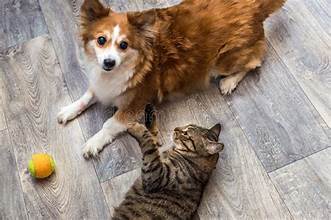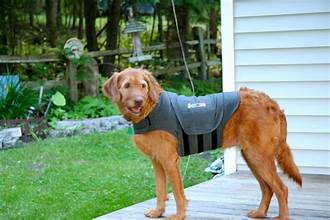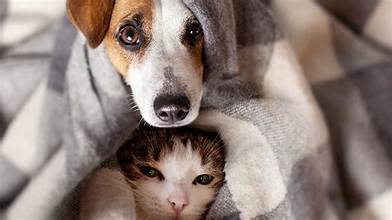Welcoming a pet into your home is an enriching experience, yet ensuring their comfort and well-being can be challenging for those with anxious pets. Whether you have a nervous canine companion, a jittery feline friend, or a sensitive exotic pet, understanding the nuances of their stress triggers and implementing effective calming techniques can pave the way to a more harmonious household.
Understanding Stress in Pets
It is a crucial step towards their well-being. Stress can manifest in various forms, from excessive barking or meowing to destructive behavior and even health issues. Recognizing these signs early on can empower you to intervene effectively. Many factors, such as environmental changes, unfamiliar visitors, or even seasonal shifts, can contribute to heightened anxiety in pets.
Common Signs of Stress
- Increased vocalization or silence
- Changes in appetite or sleeping patterns
- Hiding or excessive grooming in cats
- Restlessness or destructive chewing in dogs
Effective Calming Techniques
You are creating a serene environment for your anxious pet. Consider incorporating behavioral adjustments, environmental enhancements, and therapeutic products to ensure their comfort and well-being.
Behavioral Adjustments
Establishing a routine can profoundly impact your pet’s sense of security. Dogs, mainly breeds with higher energy levels, benefit from regular exercise and mental stimulation. Cats, on the other hand, may appreciate interactive toys and scheduled playtime.

Environmental Enhancements
The right ambiance can greatly soothe an anxious pet. Here are some ideas:
- Aromatherapy:
Utilize calming scents like lavender to create a tranquil setting.
- Soothing Sounds:
Play soft music or white noise to drown out stressful external sounds.
- Safe Spaces:
Provide a comfortable retreat like a cozy bed or a dedicated room.
Therapeutic Products
Numerous products are available to ease pet anxiety, from pheromone diffusers to pressure wraps like the Thundershirt, a vet-recommended option known for its calming effects. However, it’s important always to consult a veterinarian when introducing new products to your pet’s routine. This caution ensures the safety and well-being of your pet.

Special needs pets, such as those with mobility issues or sensory impairments, may require additional accommodations, such as ramps or modified feeding Tools. Resources like ASPCA offer valuable guidance on caring for these unique companions.
Exotic pets, such as birds or reptiles, and special needs pets require unique considerations. Birds may need more attention to their social needs and environmental temperature, while reptiles might benefit from consistent lighting and habitat conditions. Understanding their specific requirements is critical to reducing stress.
Furthermore, special needs pets may require additional accommodations, such as ramps or modified feeding tools. Resources like ASPCA offer valuable guidance on caring for these unique companions.
Final Thoughts
Every pet deserves a life filled with love, security, and tranquility. You can foster a more peaceful coexistence by tailoring your approach to stress reduction based on your pet’s unique needs and characteristics. Remember, a calm companion is a happy companion.




